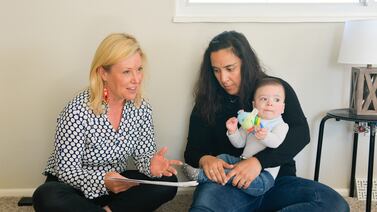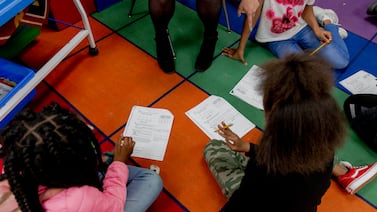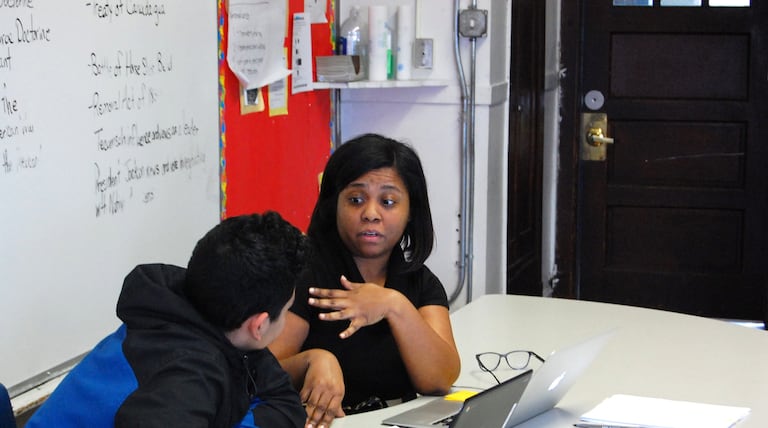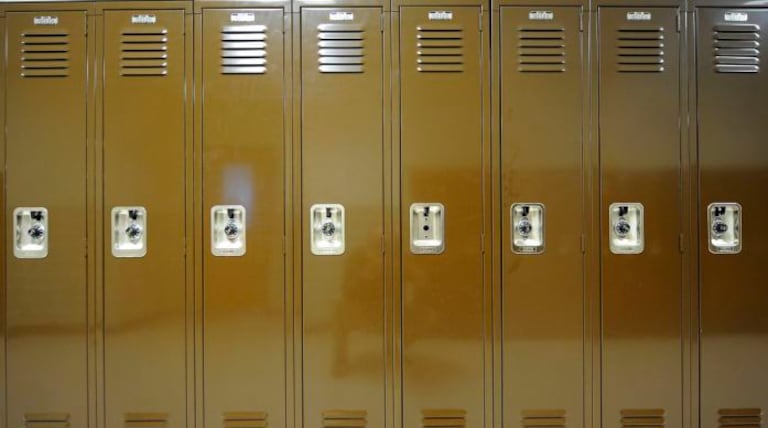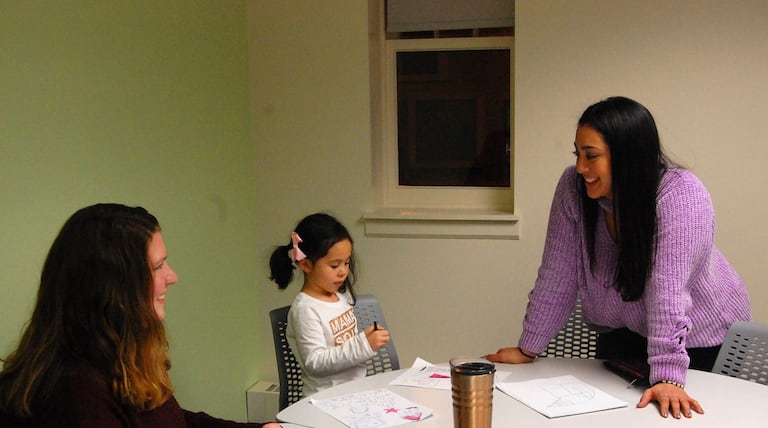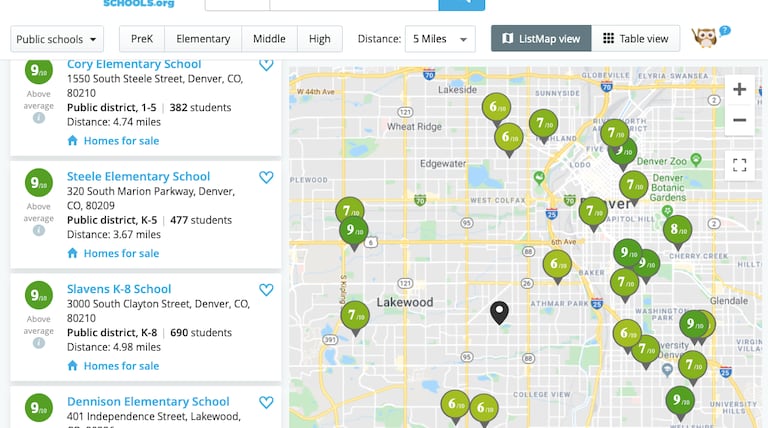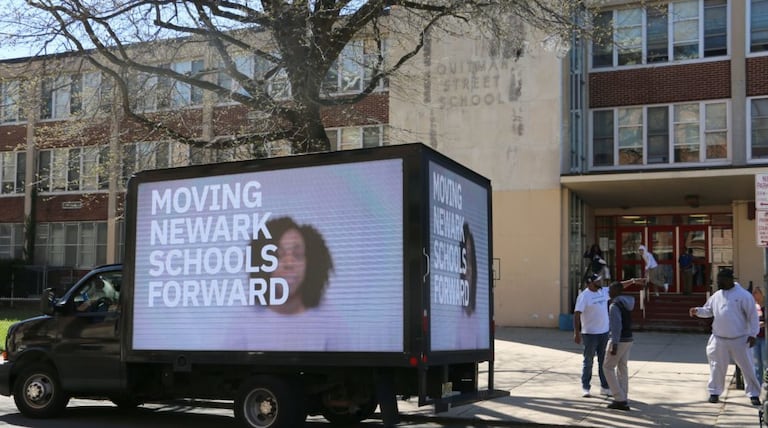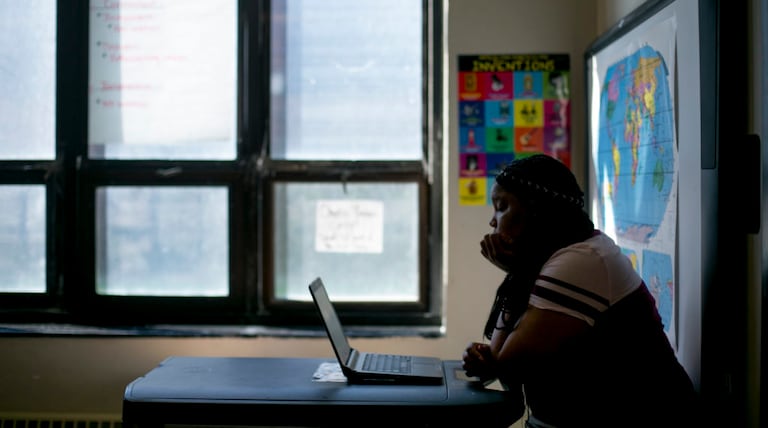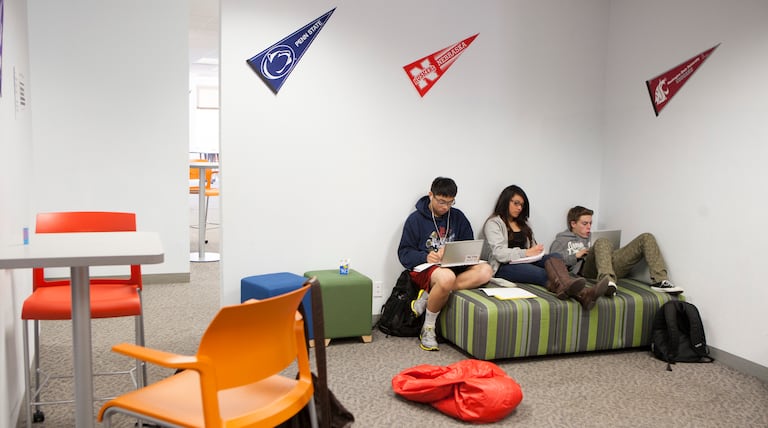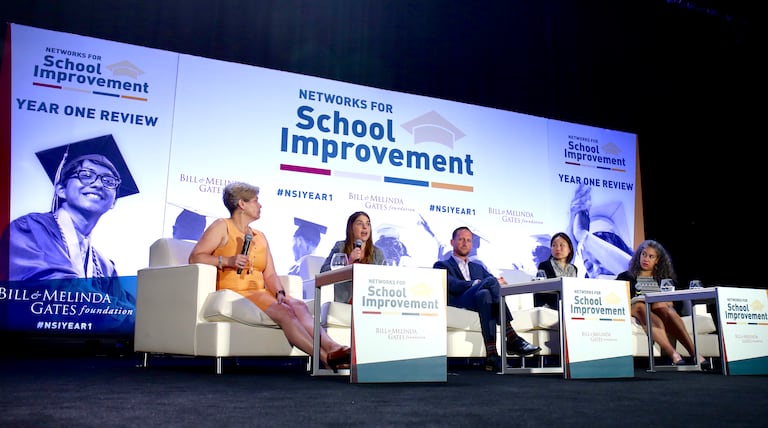Following philanthropy
The program serves 85 Indiana counties but only two ZIP codes in Marion County, leaving more than 60,000 kids in the county without access.
The process of getting the 2023 gift from Mackenzie Scott was exciting and mysterious, leaders at Early Milestones Colorado said.
N.J. Gov. Murphy announced $25 million in funding for preschool expansion. It may have implications for infant and toddler care.
Colorado non-profit Parent Possible, which supports parenting and promotes school readiness, receives an unexpected $1 million.
Billionaire philanthropist MacKenzie Scott has doled out more than $150 million to school districts in recent weeks.
The Bill and Crissy Haslam Foundation launches a statewide summer tutoring program aimed at steming learning loss during the coronavirus pandemic.
Gideon Stein and Alice Cain: The coronavirus offers a chance to change how education philanthropies collaborate.
Mentoring is increasingly at the heart of Summit Learning’s public pitch as it tries to make its way into more schools amid skepticism about students’ screen time and pushback in schools where some say the program relies too heavily on computers.
Feinberg has worked to help start new charter schools in Texas and is also employed as a consultant by the Center for Education Reform.
As charter operators have gotten more low-income students of color to college, some are realizing they need to do more to help alumni who've dropped out. Now, some are partnering with Southern New Hampshire University to get their graduates online degrees.
GreatSchools’ ratings effectively penalize schools that serve largely low-income students and those serving largely black and Hispanic students.
We found a fairly strong relationship between school ratings and a school’s share of low-income students, as well as its share of black and Hispanic students.
It’s an idea that has captured the attention of philanthropists and politicians of many stripes, but the evidence for this is not nearly as strong as XQ suggests.
Public School Allies has directed money toward to school board races in Atlanta, Camden, Newark, and St. Louis, and state elections in Louisiana, Georgia, and New Jersey.
More than $600,000 of the total is going to groups in Philadelphia.
XQ, backed by Laurene Powell Jobs, has already spent millions trying to “reinvent” schools across the country.
Known for its free online tutorials, Khan Academy is now formally selling its services to school districts, putting it in direct competition with other education technology vendors.
Leaders behind the Summit Learning technology platform and curriculum once set a goal that it be used in half of U.S. public schools by 2025. Now, growth has slowed.
One year after announcing $93 million in grants to 21 nonprofits, Gates Foundation says their continuous improvement model might not work, but that it's worth the risk.





